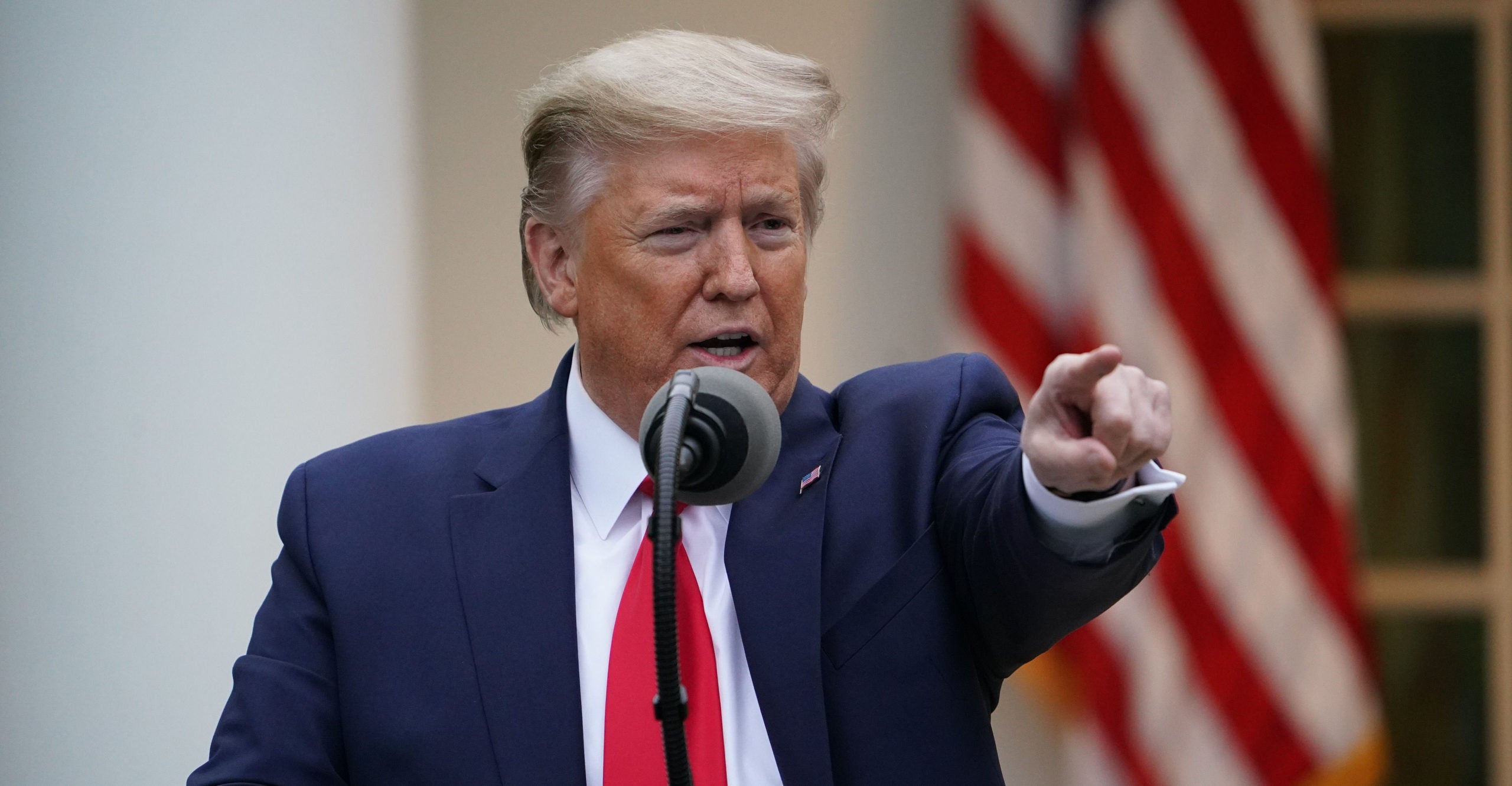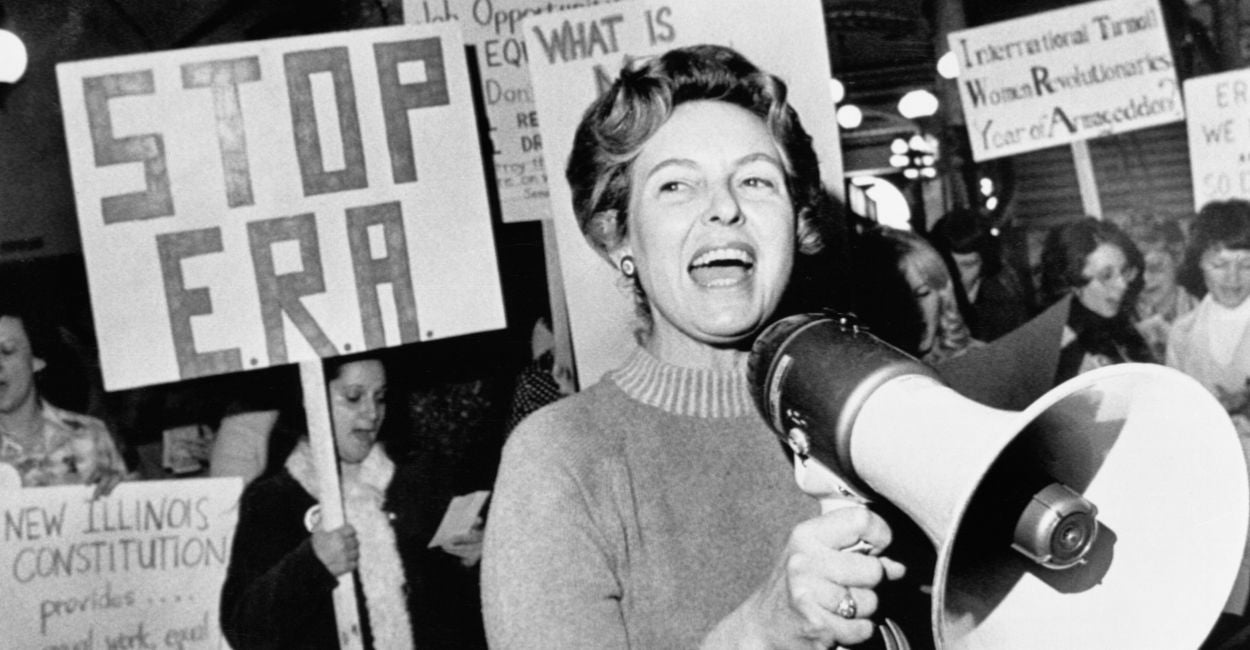|
In Sweden, There’s No COVID-19 Lockdown. Here Are 4 Things to Know.
![In Sweden, There’s No COVID-19 Lockdown. Here Are 4 Things to Know.]() Reviewed by Diogenes
on
April 15, 2020
Rating:
Reviewed by Diogenes
on
April 15, 2020
Rating:
Subscribe to:
Post Comments
(
Atom
)
-
Dear Weekend Jolter , If the Gregorian calendar still holds, the French national holiday falls this coming week, and while Francophile...
-
Megyn Kelly -> Pete Hegseth responds to 2017 rape accusation. 🔥 vol. 3, issue 13 | December 6, 2024 Quick Hits All the news you need in...
Breaking News: Suspect in Brown University, MIT professor shootings dead, police say
͏ ͏ ͏ ͏ ͏ ͏ ͏ ͏ ͏ ͏ ...
















No comments: